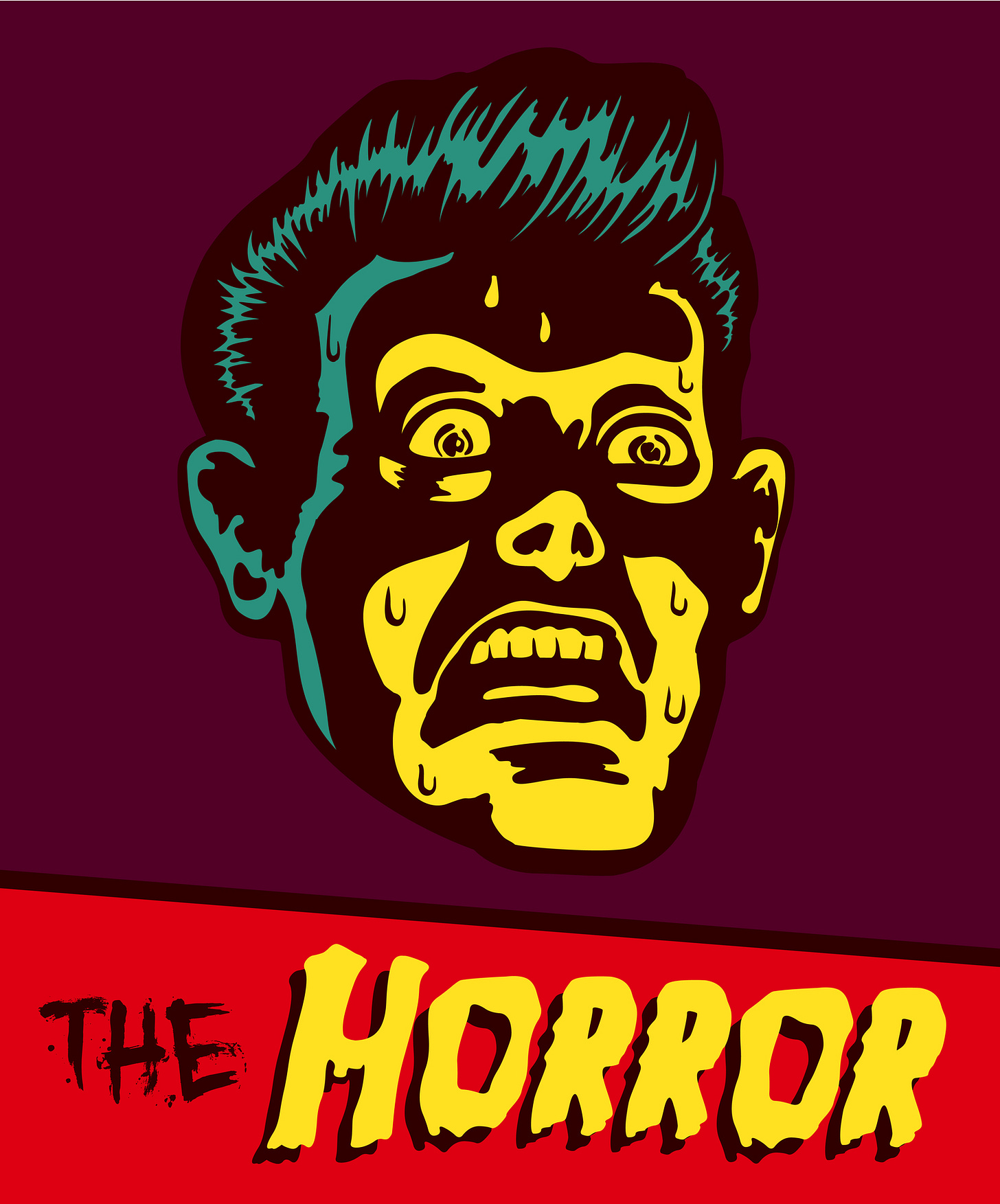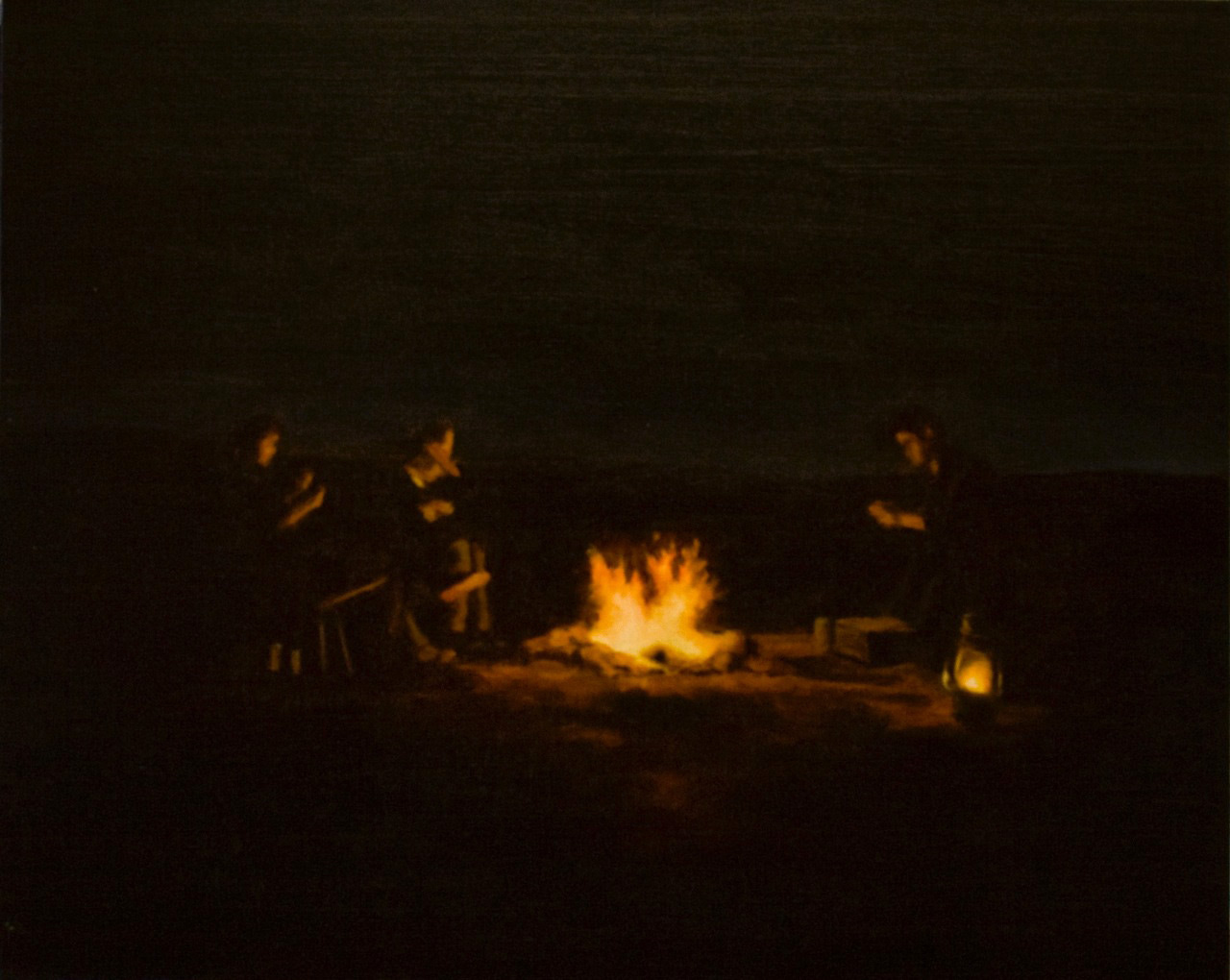For about ten years of my life, most scraps of writing time I got my hands on were spent in a long, weary battle with the short story form. I’d read enough of them, I suppose, to really want to do that too. Get the whole beautiful, cruel thing down in a few pages. Except for me, the form usually won. At my desk, in bed, in the library, in cafés, at writing group meet-ups, at writing workshops, I learned, the slow and painful way, how hard the form is, how unforgiving. So much for the idea that a fiction writer cuts her teeth on the short story before moving onto the novel. In my case, it was the writer who got bitten, even if, very rarely, something new would shakily glimmer into view, through the still-bad sentences and similes that didn’t work.
Then, one work-quiet January, I began sketching the first draft of my first novel, The Estate. Straightaway, I knew it was a suspense novel; something borne out of the malignant and claustrophobic atmosphere of the estate in which it’s set. I also knew that I was probably the only person left in the world who still uses the term ‘suspense novel’, so it was no surprise that when Audible decided to produce it as an Audible Original that it was marketed as a psychological thriller, or that Hachette Ireland did the same when a year later they published the print version. It’s the correct label, I’ve no doubt about that. But it does mean that I’ve gone from someone whose (meagre) body of short fiction would have put me in the literary fiction camp, to a writer of genre fiction. Which has me mulling over what this means to me as a writer. What is the difference between literary fiction and genre fiction? Is there a difference at all? Has my goal in writing changed as a result? Do I even have a writing goal?
While the standard genre novel might well entertain, Arthur Krystal wrote in his New Yorker article on the subject,
it’s never going to break the sea frozen inside us. … Writers who want to understand why the heart has reasons that reason cannot know are not going to write horror tales or police procedurals.
Part of me instinctively agrees with him. But then I think of the exceptions. Like the stunningly good French crime procedural Spiral and the compellingly beautiful horror drama, The Terror, and the novel it’s based on. I think of Do Androids Dream of Electric Sheep by Philip K Dick, of Rebecca by Daphne du Maurier – genre writers who somehow managed to make their genre sing, to transcend their conventions even as they stayed faithfully inside them. I think of Attica Locke’s beautifully written thrillers, which have won awards more typically associated with literary fiction. How Tana French’s The Witch Elm prompted one reviewer to write that the fact French has never been nominated for a literary award was a ‘source of bafflement’ to her. On I could go.
For me, the thing that actually distinguishes genre from literary fiction is the fact that the genre writer is obliged to conform to certain reader expectations. One is universal: the thing must entertain. The genre fiction writer never forgets that they are competing with Netflix. Others are specific to the genre, like the villain being defeated, the girl getting the boy or variations thereof, etc. A central convention of our genre - the psychological thriller - is that it must involve an ‘ordinary person’ who experiences violence, either as a perpetrator or a victim (or somewhere between the two, that’s for another post). And that experience of violence must somehow endanger their life. As a writer, such conventions can create certain challenges, shall we say, when it comes to plot and the matter of plausibility. It’s not that plot isn’t always there, even if the reader can’t see it. As Henry James once famously asked, ‘What is character but the determination of incident? What is incident but the illustration of character?’ But in literary fiction, it can take the story in whatever direction the story needs to go. In genre writing, there is surely a greater risk of conventions or reader expectations imposing themselves on plot (and therefore on character), at least in places.
For some people, any effort to say anything real about what it means to be alive is thus doomed to failure if you’re writing in genre. But it just feel like a challenge to me. Seek to emulate writers like Patricia Highsmith and Jim Thompson and others, who pull off this magic. As long as I keep getting away with it, I want to keep trying, to keep failing better, to keep chasing that paradox: a novel that seeks to entertain while also answering only to itself. To write in ‘clichés of form’ as Geoff Dyer once put it without resorting to clichéd writing.
When I tried explaining this to someone, and this was someone who knew what he was talking about, his advice was not to do it. I would just fall between two stools, he said. No readers and no reviews! I knew what he meant. But it turns out that this is where I want to be anyway. Between two stools and trying not to fall. Inevitably falling. Picking up the odd stale peanut off the floor. Having another go. Try to creat an entirely plausible story that meets the conventions of my genre. Not a single ‘sticking plaster paragraph’ in sight, as I once heard the writer Claire Keegan put it.
Then, back in January, I read a story by Chekhov. Since then, it’s not that I don’t still think plausibility is important, of course I do. But it’s all gotten a bit stranger and murkier and more interesting.
It’s a really beautiful, long short story called The Steppe. It is told from a child’s point of view and it recounts a days-long journey he takes, from his home village to a town where he is to be educated. Homesick for home and for his mother, he takes in the landscapes and people of the steppe with his eyes as open as can be and it is such an ode to the world and to the pain and wonder being alive, if you can get hold of it, it would be a gift to yourself to read it. Anyhow, at one point in the story our attention is drawn to an old man, who at the evening campfire, sometimes tells stories. In these stories of his, ‘long knives’ and ‘nests of robbers’ keep appearing and it all sounds a bit made up. And the thing is, everyone knows that terrible things have really happened to this man – that his wife and children were burned to death in a fire. No one can understand why he never spoke about that but instead, always showing
the unmistakable preference for fiction … [and failing] to appreciate the wealth of his life that whenever he was sitting by the campfire he was either silent or talked of what had never been.
And yet, everyone keeps listening just the same, to those unlikely tales with their ‘long knives’ and ‘nests of robbers’. No one tells him to be quiet, or starts talking of something else. They want to hear. And that is because sitting there in the growing dark, with ‘the cross by the wayside, the dark bales of wool, the wide expanse of the plain, and the lot of men gathered by the campfire –
all this was of itself so marvelous and terrible that the fantastic stories of legend and fairy tale were pale and blended with life.’
And then Chekhov the author seems to enter the narrative, in the way he could do like no one else, and he says this:
Life is terrible and marvelous, and so, however terrible a story you tell … however you embroider it with nests of robbers, long knives and such marvels, it always finds an echo of reality in the soul of the listener, and only a man who has been a good deal affected by education looks askance distrustfully …
An echo of reality in the soul of the listener. Take that, Arthur Krystal, or anyone who’s had the misfortune to be ‘a good deal affected by education’. Chekhov shows us here that the reader can register the implausibility and at the same time feel the truth of such stories. That the two aren’t necessarily mutually exclusive. Because ordinary life is a matter of life and death. Ordinary life is terrible, full of hidden dangers. Ordinary life stretches plausibility, for us all, over and over and over.
Having said all that, next week I’m going to try to look at how important (and hard to achieve) plausibility is in a psychological thriller novel. And I’m going to do it by looking at a film instead of a novel. And the film is Supernova, which, in case you haven’t seen it, is about as un-psychological thriller-y as it gets.
(Note: Part of this post is drawn from an article I did for writing.ie a couple of years ago.)






wonderful article...I'll be back for more!